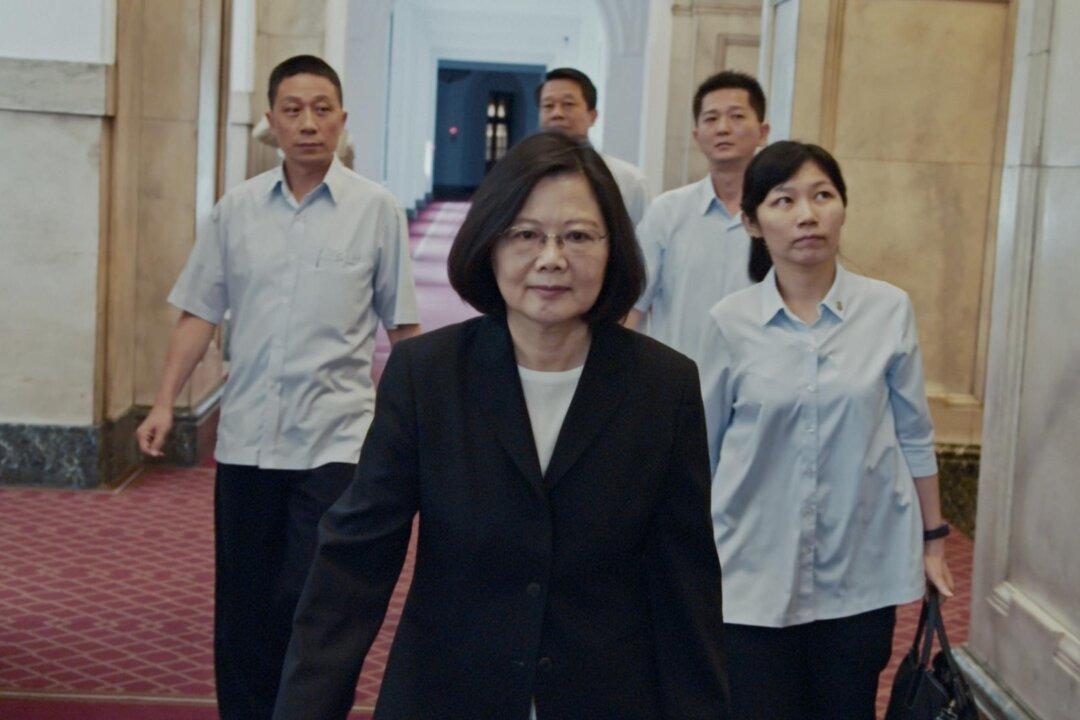NR | 1h 25m | Documentary | 2023
Taiwan is the freest, most democratic, and progressive state southeast of Japan, but hotel chains, airlines, tech companies, and even the International Olympic Committee bow to the Chinese Communist Party (CCP)’s wishes, pretending Taiwan is indeed their “province.” Taiwan should be celebrated, but instead, it is treated as a pariah. Filmmaker Vanessa Hope follows President Tsai Ing-wen as she valiantly defends her country on the world-stage in “Invisible Nation,” which screens at the prestigious IDFA (International Documentary Film Festival Amsterdam).





